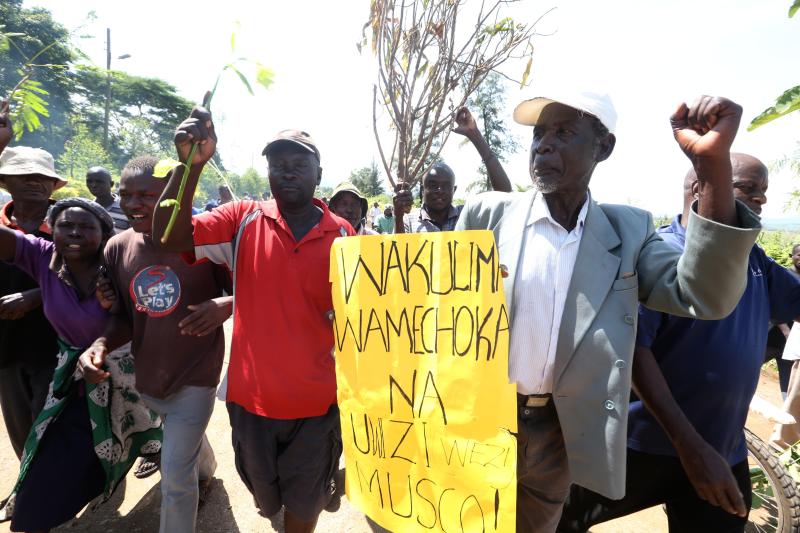×
The Standard e-Paper
Kenya’s Boldest Voice

The troubled Muhoroni Sugar Company could be out of the woods in the coming weeks after the Government appointed new receiver managers and pledged to bail it out of a Sh40 billion debt.
The Standard has established that the Government plans to help the miller, which has been in receivership for 17 years, back into production. Already, the State Department of Agriculture has gazetted and dispatched to the miller two new joint receiver managers to help turn around its fortunes.